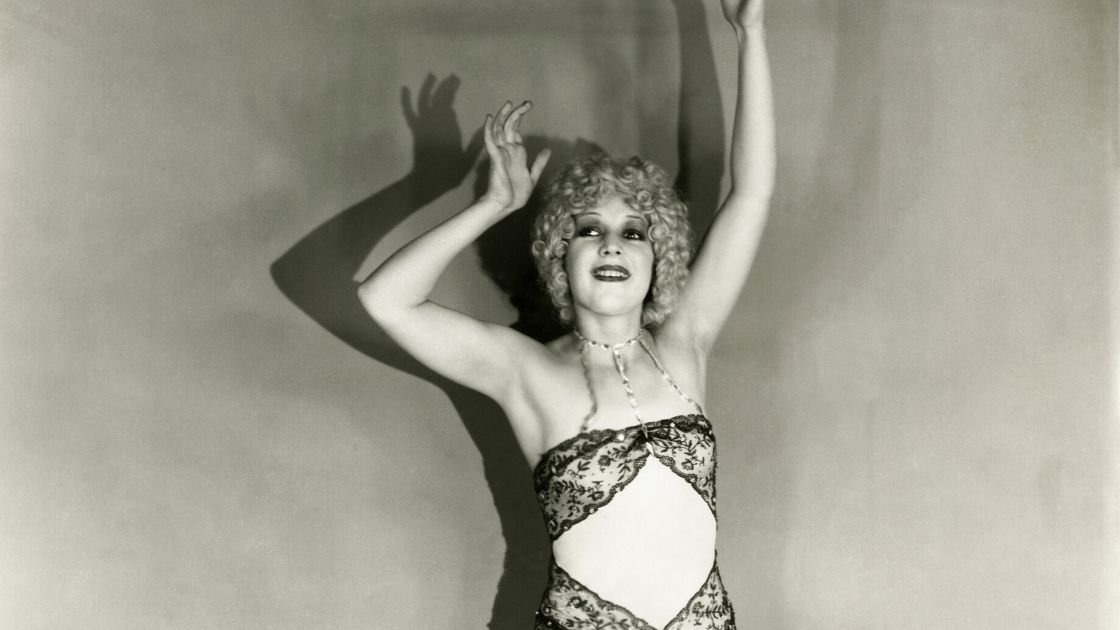We were doing some research in Temple University’s digital archives and came across this tidbit from Conshohocken’s history. Apparently, in 1926 a Conshohocken firehouse needed to raise funds for uniforms and thought a burlesque show was a good idea for a fundraiser.
The firehouse ended up selling 163 tickets for the fundraiser that was held at Fayette Country Club in the Spring Mill section (down around North Lane and East Hector).
Then the cops showed up.
From The Problem of the Ages: Prostitution in the Philadelphia Imagination, 1880-1940:
Based on a complaint filed with the Pennsylvania State Police, on a cool October night in 1926 a force of state troopers, policemen, and constables from Norristown and Conshohocken swooped down upon the Fayette Country Club in Spring Mill, roughly ten miles outside of Philadelphia. However, their targets were not prostitutes or their clients, but rather a burlesque show put on for the benefit of a Conshohocken fire company uniform fund. After surrounding the facility and securing the audience, the raiders issued citations for 163 attendees, arrested six “dancing girls,” and a male comedian/emcee, ostensibly for participating in an immoral show. The evidence against the performers seemed to be direct and damning; one raider observed that “all that separated the dancing girls from nudity was two slender strips of ribbon tied about each,” and another undercover constable claimed that they moved through the audience “fondling” members. The press reveled in the lewd, lascivious accusations against the girls, prominently reporting their costumes as “very scant,” each only wore “a narrow brassiere or band of pink ribbon and pink tights,” and the jokes the comedian told were “the kind told in a barroom or poolroom.” Furthermore, none of the performers were actually from the suburban community, but hailed from Philadelphia proper. To Montgomery County readers vicariously living the raid and subsequent trials in the press, it appeared that the police had battled against the forces of immorality seeping into suburban Delaware Valley and succeeded in stemming the tide.1
Most of the attendees accepted a plea deal for disorderly conduct and paid a small fine. However, the organizers and the performers were brought to trial.
During the trial, the defense was adamant that nothing immoral happened and some of the police who testified found themselves unable to provide any details on witnessing anything immoral. Eventually, they were all found not guilty and there were a lot of unanswered questions on what led to the raid.
So who made the complaint? The book states:
Cornelius Desimone who had “figured in a long and bitter controversy with a faction of the fire company after he had torn down posters in the fire house advertising Ku Klux Klan meetings.”
If you want to read the entire section of the book, click here.

